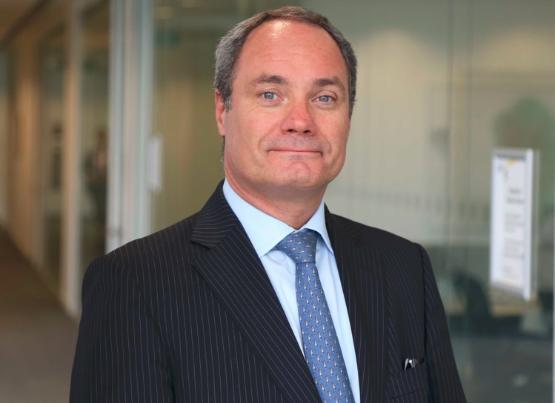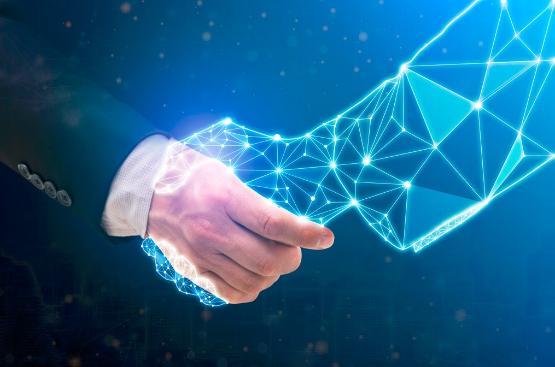The digital deal: how AI and machine learning are transforming business transactions

Ten years ago, if former corporate banker Michel Driessen wanted to understand how a company operated, he would visit the site in person and walk around to get a feel for it. Now he sends a drone.
This use of technology is the tip of a very large iceberg and one that is already transforming the world of mergers and acquisitions, and in particular, the much venerated art of deal-making.
Michel, who graduated with an MBA from the University of Bradford’s School of Management in 1994, has built a career in professional services, working for major companies like Visa and Accenture, particularly in mergers and acquisitions. Twelve years ago, he helped broker the politically charged deal that saw the Kraft takeover of Cadbury.

Now he is set to deliver a guest lecture entitled ‘Deal making in the digital era: Is technology replacing people?' at the University of Bradford on May 3.
He is the co-author of two books, ‘Why deals fail and how to rescue them’, published by the Economist in 2016 and The Deal paradox: M&A Success in the age of Digital Transformation, published by Kogan Page in 2023.
He said: “Technology has already changed the way deals are made but in the future, I think it will become commonplace. Companies will begin using things like AI and machine learning with much more rigour.
“Has the deal process changed because of tech? Yes, in the past you had a physical data room, now its virtual, you had to spend hours reading the data books, now you can use AI and machine learning to do that for you, so you have more time to focus on the core issues, such as customer sentiment or why sales have dropped, and so on.
He added: “Another change is it’s no longer just about the big ‘rainmaker’, because out of necessity, the deal team needs to be much more diverse. In my new book, this is what we call ‘the deal paradox’, which is an allusion to the ‘automation paradox’ of the 1980s, where people thought mass automation would lead to huge job losses.
“What it actually means for the future of the industry is that you can let AI and machine learning do much of the background work, while you concentrate on the core issues, such as cashflow or what competitors are doing.
“The other thing that’s changed is the use of platforms such as LinkedIn, Facebook and Snapchat, where you can gauge customer sentiment over a product or how a company is performing. We didn’t have these tools in the past but now we’re able to use that to analyse and assess.
“Given the fact most deals are completed in a very short timeframe, often four to six weeks, the timeline is very compressed, so the more you can automate, the more you can focus on big questions.”
However, Michel says that despite the widespread adoption of new technology, including AI and machine learning, which he expected to become the norm, particularly in the financial sector, there is still room for gut instinct, and that humans will still very much have an important role to play.
“In my experience, many business practices are introduced and then simply become habitual. Over the years, you can end up with layer upon layer of these processes, until the operation itself becomes inefficient.
“A good example is that several years ago we went to a ketchup factory in the UK to see how they had streamlined their processes to cut costs. We used the lessons they had learned and applied those to the banking sector and cut costs by 30 per cent.
“There will always be a role for people in business and at the end of the day they will be the ones controlling the narrative, but the use of technology is here to stay and it's something we can use for good.”
Michel’s talk is part of the Guest Lecture Series at the University of Bradford - and will take place on May 3, from 1.30pm to 3pm. Book your place here.
